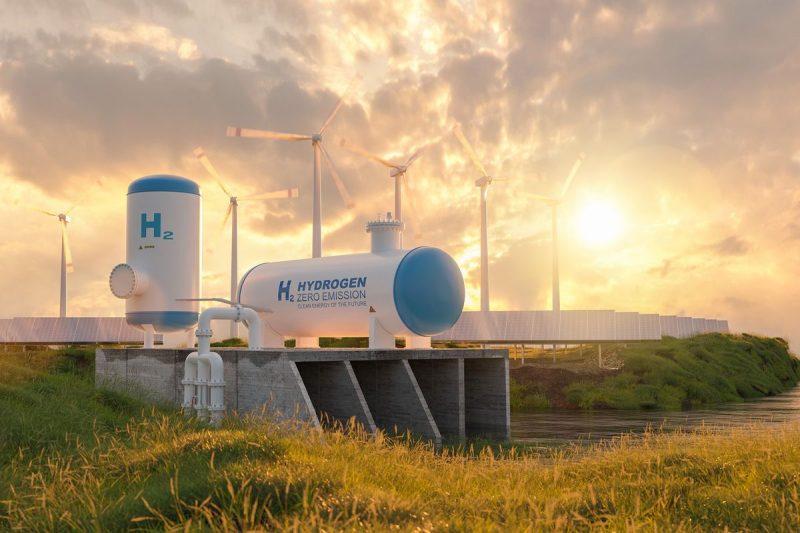Hydrogen is increasingly gaining attention as a promising alternative energy source. As the world transitions towards a more sustainable future, hydrogen is being looked at as a key player in the clean energy landscape. However, the question that many investors are pondering is whether now is a good time to invest in this technology.
Currently, hydrogen is predominantly used in industrial processes, such as refining and ammonia production, due to its ability to act as a clean fuel source with zero emissions. However, the potential for hydrogen to become a mainstream energy source is still in its early stages. Investments are being made in research and development to enhance the efficiency and affordability of hydrogen production, storage, and transportation.
One of the main challenges facing hydrogen as an energy source is the high cost associated with its production. Most hydrogen is currently produced through steam methane reforming, a process that generates greenhouse gas emissions. In order to make hydrogen a more viable option, it is crucial to scale up production methods that rely on renewable sources of energy, such as electrolysis powered by solar or wind.
Despite these challenges, the momentum behind hydrogen is growing. Governments around the world are implementing policies to support the development of hydrogen infrastructure and technologies. The European Union, for example, has set ambitious targets to increase the use of hydrogen in sectors such as transportation and heating. This kind of regulatory support is key to creating a favorable investment environment for hydrogen technology.
Another factor to consider when evaluating the investment potential of hydrogen is the growing interest from private companies. Major players in industries ranging from automotive to energy are investing in hydrogen-related projects. This not only highlights the potential for growth in the sector but also indicates a growing market demand for clean energy solutions.
In terms of market trends, the cost of hydrogen is expected to decrease as technologies improve and economies of scale are achieved. As more companies invest in hydrogen infrastructure, the cost of production is likely to decrease, making hydrogen more competitive with traditional fuels. This could open up new opportunities for investors looking to capitalize on the shift towards clean energy.
In conclusion, while investing in hydrogen technology carries its own set of risks, the overall trajectory points towards a promising future for this clean energy source. With increasing governmental support, technological advancements, and market interest, now could indeed be a good time to consider investing in hydrogen. As with any investment, thorough research and consideration of the risks involved are essential, but for those looking to align their investments with sustainability and innovation, hydrogen presents a compelling opportunity.
